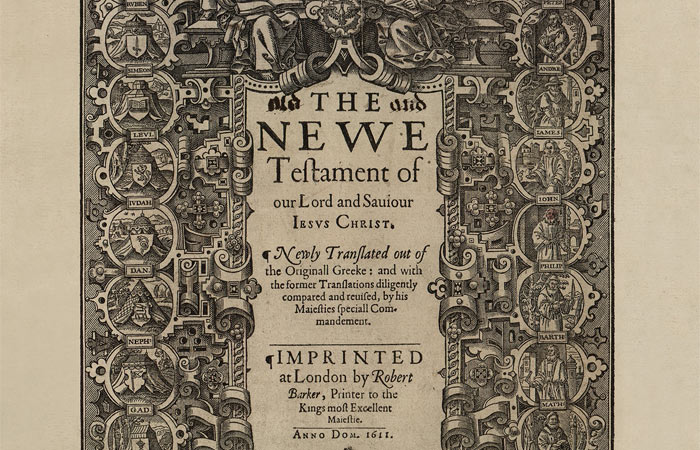E
elijah23
Guest
- Thread starter
- #21
Re: "Faith"
I’ve heard the word “faith†being used two different ways:
First, “faith†would mean “trust in the Lord.†Example: I have faith in the Lord.
Second, “faith†would mean “our set of beliefs.†Example: Our faith requires that we love one another.
Sometimes people will say, "Have faith in yourself," I guess. I don't see how one can do that. It is still a matter of having faith in the Lord. Or they might say, "Trust me," which irritates me since it is still a matter of having faith in the Lord, and the Lord only. Except we do learn to trust our close friends, I think.
This, I think is the MORE important definition to "nail down". The VAST MAJORITY of what's CALLED "Faith" in the religious community is really nothing more than HOPE. And Hope isn't "Faith" and carries NO guarantees like Faith does.
Folks talk about the BAPTIST (or Catholic, or Orthodox) FAITH - when Being "Baptist" etc. isn't a "Faith" at all. it's a denominational franchise.
Folks say they have "Faith" in one another, which really only meant that the HOPE the "other" won't let 'em down too badly.
The Church of Christ (Campbellite) demonstrates NO theological concept of "Faith" at all, and sees it as meaning nothing beyond "Mental ascent", which if "Walked out" equals "Faith".
I’ve heard the word “faith†being used two different ways:
First, “faith†would mean “trust in the Lord.†Example: I have faith in the Lord.
Second, “faith†would mean “our set of beliefs.†Example: Our faith requires that we love one another.
Sometimes people will say, "Have faith in yourself," I guess. I don't see how one can do that. It is still a matter of having faith in the Lord. Or they might say, "Trust me," which irritates me since it is still a matter of having faith in the Lord, and the Lord only. Except we do learn to trust our close friends, I think.









 they make for good neighbours.
they make for good neighbours.

